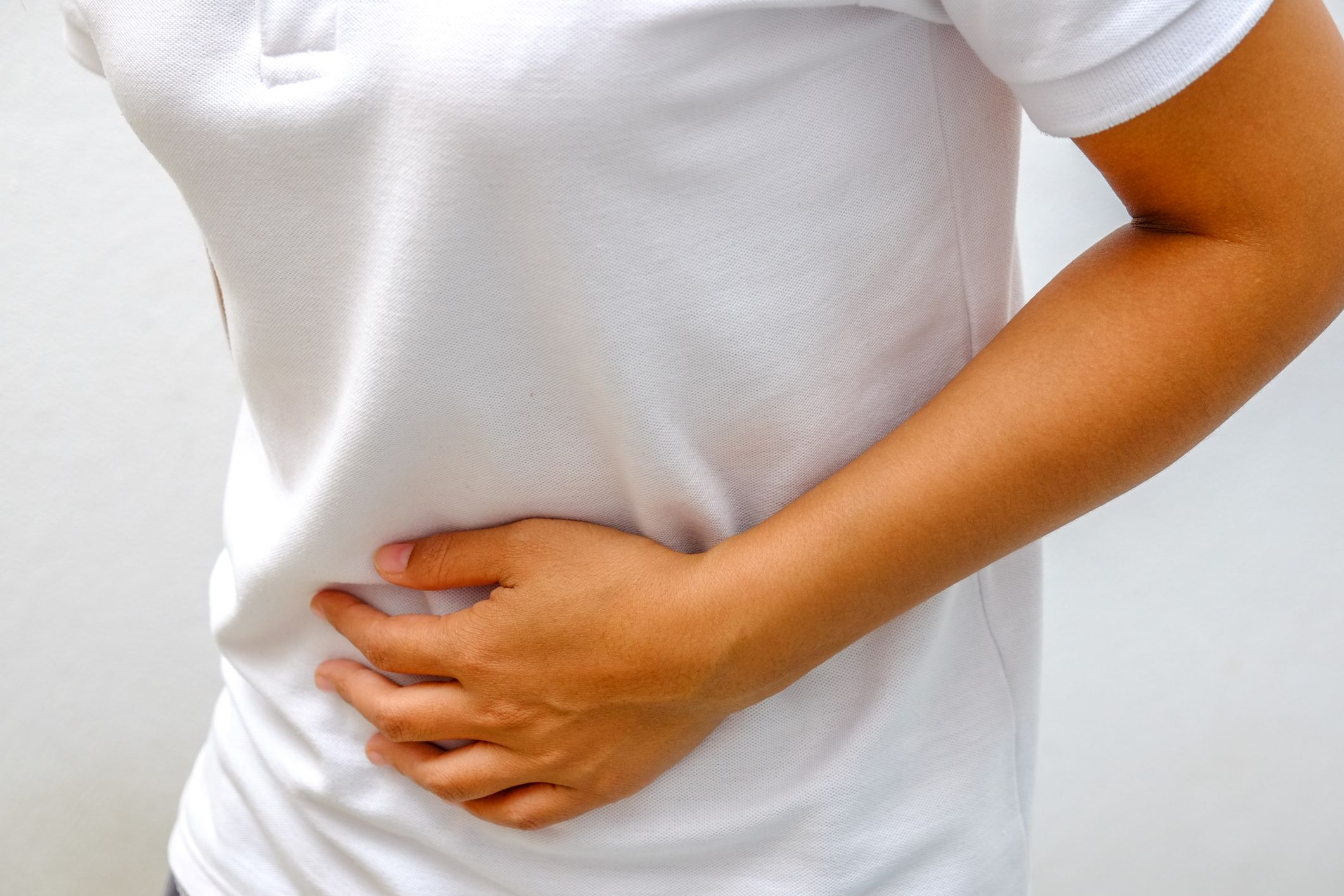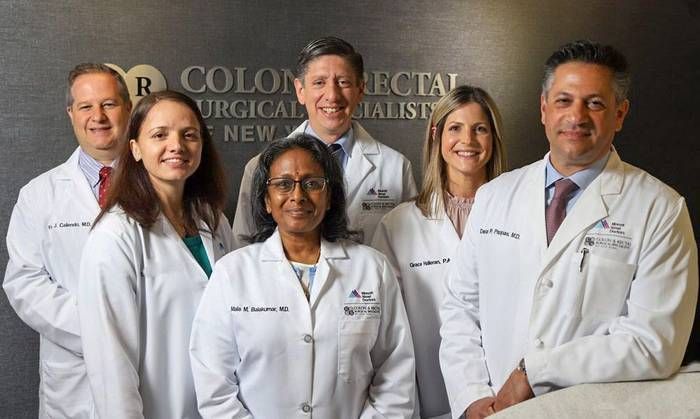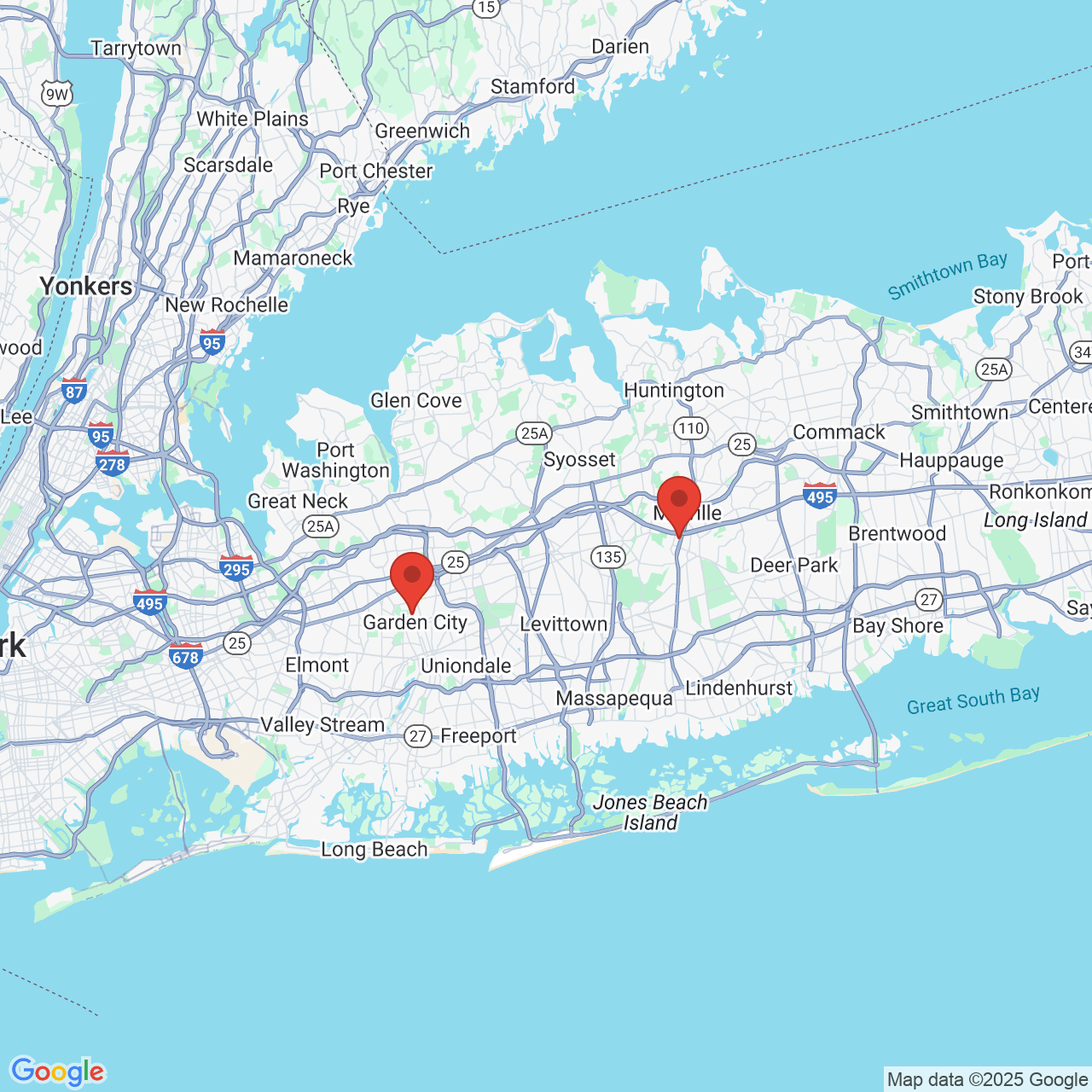
BY FRANK CALIENDO M.D.
Diverticula are small pouches that can form along the lining of your digestive tract, particularly along the colon. They tend to be more common after a person turns 40, and they generally don’t cause any health problems. However, the diverticula can become infected, which is a condition known as diverticulitis.
Knowing the signs and symptoms of diverticulitis can help you prevent the need for surgery and more invasive treatments. The team at Colon & Rectal Surgical Specialists of New York here in Garden City, NY would like to go over some of the basics of diverticulitis and what you should look out for.
The Causes of Diverticulitis
Diverticula themselves develop when the weak places in your colon give way as a result of pressure, causing these pouches to form. Diverticulitis happens when the diverticular tear or rupture. This leads to inflammation, infection, or a combination of both.
Abdominal Pain
One of the first key warning signs of diverticulitis is abdominal pain. If your stomach or abdomen hurt frequently, it may be the sign of some sort of problem with your digestive tract. Be particularly mindful of lower abdominal pain on the left or right side.
Tenderness of the Abdomen
In addition to abdominal pain, many people who suffer from diverticulitis will also notice the their abdomen feels tender or sensitive. This could mean sensitivity when moving in a certain manner or when touching parts of your abdomen.
Nausea and Vomiting
Both nausea and vomiting tend to be telltale signs of a digestive tract issue. If you are frequently battling bouts of nausea combined with nausea, it’s important that you speak with your physician about what may be wrong.
Running a Fever
A fever is often a sure sign that something is wrong. If you notice a high body temperature that does not go down even while you are at rest, be sure to seek medical attention to find out what you may be experiencing.
Constipation or Diarrhea
Diverticulitis can change the consistency and nature of your stools. In most cases, the condition can lead to frequent constipation. While rare, diverticulitis can also result in diarrhea. If you notice problems passing solid stools, this could be a sign of a digestive tract issue.
Diverticulitis Risk Factors
It’s been found that the following risk factors can contribute to cases of diverticulitis:
- Advanced age
- Obesity
- High-fat diet
- Low-fiber diet
- Smoking
- Sedentary lifestyle/lack of exercise
- Use of steroid
- Use of opiates
- Use of nonsteroidal anti-inflammatory drugs (NSAIDs)
Treatments for Diverticulitis
For mild cases of diverticulitis, the condition can be treated at home. Doctors will suggest some rest, the use of antibiotics, and a liquid diet for a few days. Over-the-counter pain relievers can be taken as needed to address discomfort.
For more serious cases of diverticulitis, antibiotics may need to be administered intravenously for immediate effects. Surgery may even be needed depending on the seriousness of the case. This is why seeking early help is best if you notice a combination of the above symptoms.
Learn More About Diverticulitis
For more information about diverticulitis and how it can be successfully treated, it’s important that you contact the Colon & Rectal Surgical Specialists of New York. We are here to help you achieve good health and lasting wellness.

